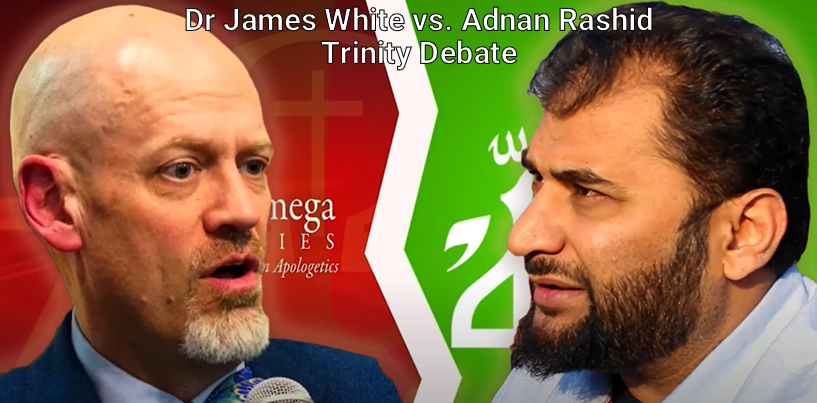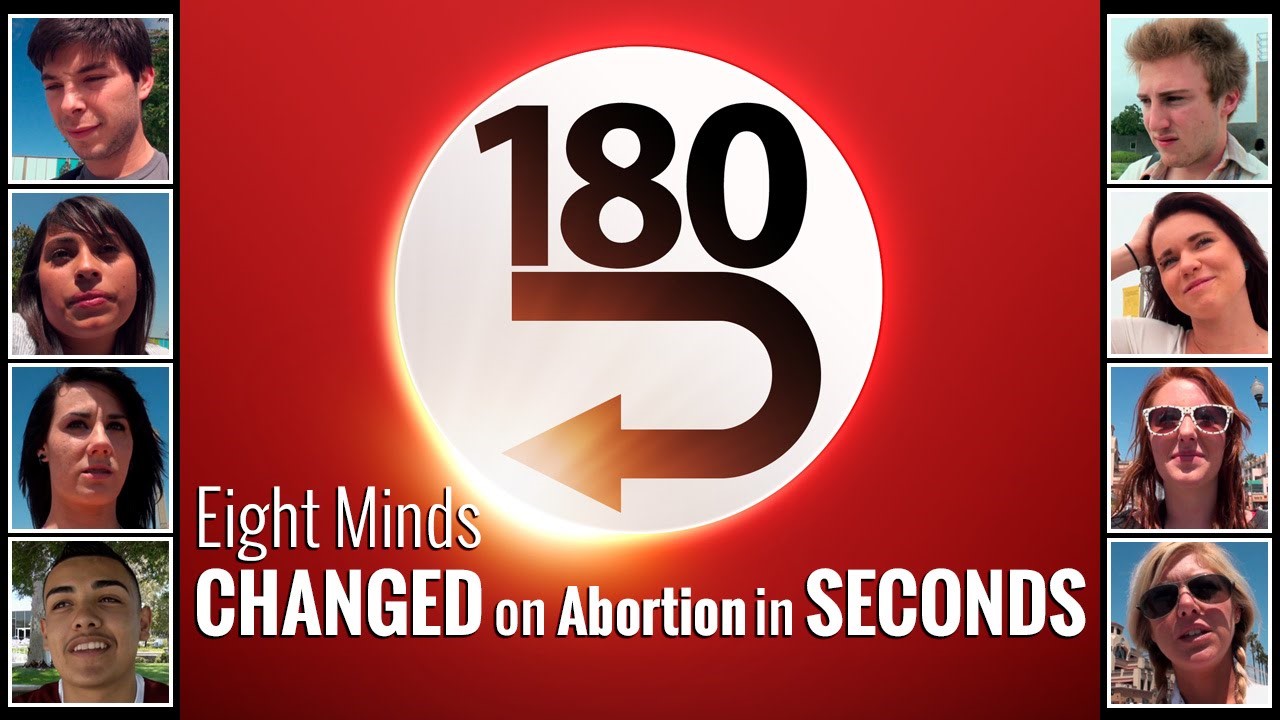Reflections on the Baptist Confession of Faith of 1689. 23 Aug 14 began a perhaps unbroken, orderly, and personal journey through my favorite written confession of faith. This will be my personal reflections on this beloved written codification of the Christian Faith which is according to a Baptist flavor.
NEXT-
Chapter 7, part 3b: “…and it is founded in that eternal covenant transaction that was between the Father and the Son about the redemption of the elect…”
Ephesians 1:11 reads: “In Him also we have obtained an inheritance, being predestined according to the purpose of Him who works all things according to the counsel of His will.” I believe that this is to bring comfort to the believers whenever they read it. I believe we’re to insert our names into the text, and can read this in the first person. “I” have obtained an inheritance… Everyone who believes in the Almighty God of the Bible has to answer ultimate questions about “why”. Why did he create our world the way that it is? Why all the suffering? Tsunamis, cancer, jellyfish (defense and attack structures in nature), car accidents, false religion, hell? We know from Genesis that this was not our earth’s original character, but God, most Christians believe, is “omniscient”. That is, he knows everything about everything from all time perfectly, to every possible detail, and that without any limitation. Ex: He knew how many people were crucified on the same timber that held the Son from before Noah’s flood. So why “go ahead” with the plan? Everyone who believes that God is Almighty, and believes that he is all wise and omniscient comes smack up against why that sort of a God who is loving would create this world the way that it is. We all have to answer this. Why create it at all? If he knew the evil that today, 22 Dec 16, would be transpiring around the world, from before he created the heavens and the earth, why move forward? Why create us at all? Or, why not create a world where such things would not happen? And lastly, why not STOP it just after the Fall of Adam and Eve when “plan A” (God’s perfect plan if we had obeyed in the Garden of Eden) failed? Perhaps 50 would be in hell, but no more if he had simply stopped the world, and ended the devil. Why some thousands of years since where it seems the vast majority of people on the planet hate God and will be in hell? No credible theological system is above this question.
It seems to me that such difficult questions. And they are very difficult. It seems to me that such questions reduce down to two options stemming from two end states of theology. The end states are: 1) whether God is the reason for this world, or 2) whether mankind is the reason for this world. The other options develop around these two headings as either: 1) that God has a purpose in it all that he has determined are his ultimate desires and so despite all the sadness that would ensue, that he would not deviate, or 2) imagine a God in the heavens who is truly Almighty and rather careless who has no real purpose in all the suffering. The answer to these questions demands what’s called the covenant of redemption to me.
Reformed theology helps me lean toward answer(s) #1 consistently because it places God at the center of everything. God is the center of the universe; not man. Not our will, etc. Free will (an absent biblical idea) is not some rock God cannot lift. While these questions always take on a sort of philosophical framework as we delve into them, I don’t believe that that is wrong. We have to do that. What Scripture says about such things should frame our thoughts. It is thus primarily through an exegesis of the biblical text that the idea of a covenant of redemption emerges.
When we speak on the “eternal covenant transaction” we’re talking about an idea that we must deduce from omniscience that God “knew what he was doing” in this present world perfectly. With all of its pains, God the Father, God the Son and God the Holy Spirit determined that the Fall would take place, and that the Son would come to redeem his elect. This was before Adam’s Fall at some undeterminable (by our finitude) point, but was a “conversation” if you will between the members of the Trinity.
Merry Christmas!








Leave a Reply